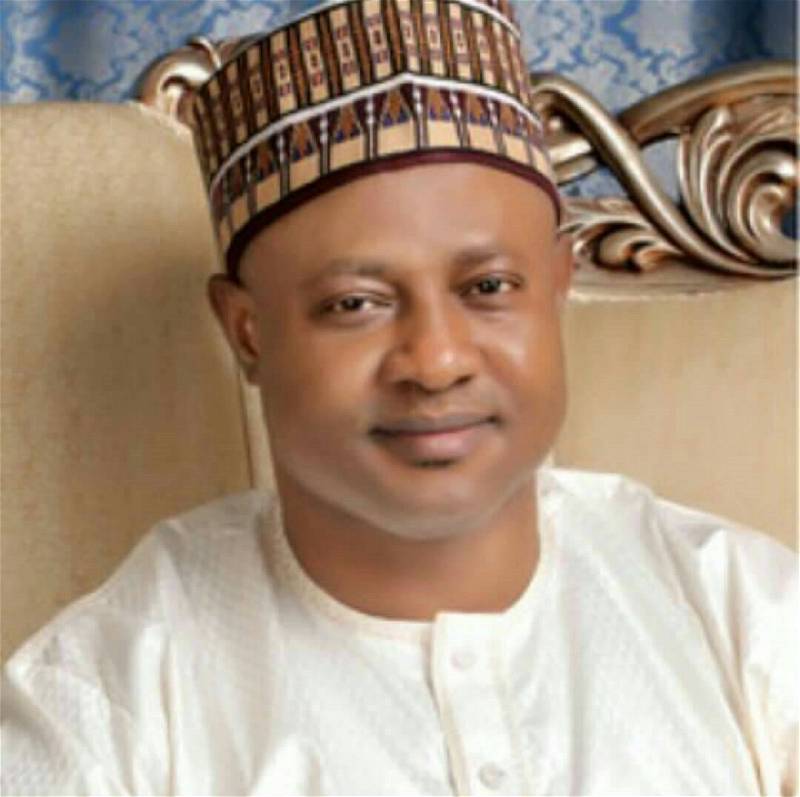Stakeholders on Thursday challenged the media on development reporting that would spur policy makers to action.
The stakeholders included the United Nations Children’s Fund (UNICEF), Child Rights Information Bureau of the Federal Ministry of Information and Culture, and the academia.
The stakeholders made the call in a statement issued at a media dialogue on data driven reporting organised by UNICEF in collaboration with the Federal Ministry of Information on Thursday in Enugu.
According to the statement, Dr Nancy Katu-Ogundimu, Fellow of Art, University of Jos, enjoined newsmen in her paper: “The role of journalists in development’’, to be more active in the coverage and reportage of news that would benefit the public rather than human angle stories.
Katu-Ogundimu, who identified development journalism as cutting across agriculture, gender, health and child rights, among others, emphasised that such report stimulate dialogue and facilitate social change in societies.
She noted that development reporting or journalism could be used to promote cooperation between citizens of a country and outside world and as well encourage investigation.
According to her, through this reporting the media can be part of social development or assist to stimulate development by government and other policy makers.
She further said such reporting could facilitate the role of journalism in promoting democracy and political facilitation.
“Development reporting is different from general reporting in the sense that it is a process not an event focusing on Who and Why.
“Field reporting and follow up are integral part of development reporting,” she said.
The statement also quoted Mr Geoffrey Njoku, UNICEF Communication Specialist, explaining that the training was aimed at empowering the media with the knowledge of how to derive stories from data and the 2017 Multiple Indicator Cluster Survey (MICS) report.
Njoku emphasised that at the end of the workshop the media should be able to utilise MICS report to generate media advocacy stories on improvement of situations in the country.
According to him, the journalists will as well be acquainted with skills on data driven reporting, among others.
Similarly, Mr Olumide Osanyinpeju, Assistant Director, Child Right Information Bureau, Federal Ministry of Information and Culture, identified data collection and dissemination as essential elements to policy making and evaluation function.
Osayinpeju emphasised the need to use data or figures accurately in the advocacy reports of development partners like UNICEF and other agencies was paramount to the Nigerian government to guard against contentious issues.
He said the MICS and National Demographic and Health Survey (NDHS) were initiated and designed to assist countries including Nigeria in filling data gaps for measuring human development in general and situation of women and children in particular.
These surveys, according to him, have been instrumental in strengthening national statistics capacities highlighting and filling gaps in quality data, monitoring and tracking progress toward national and international development goals.
“Data must also be disseminated in a usual friendly way to ensure that they understood and used. It also informs policy decisions and enhance advocacy and public awareness on priority development,” he said.
“As journalists, you can use the medium at your disposal to increase people knowledge on understanding data, interpreting and their uses,’’ he said. (NAN)





